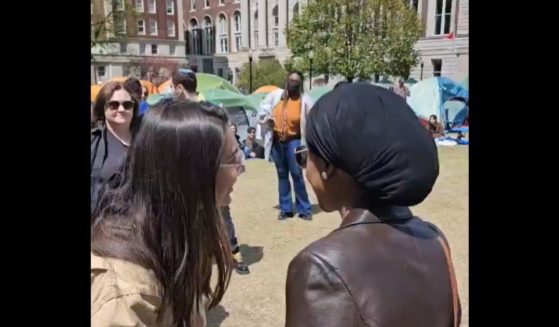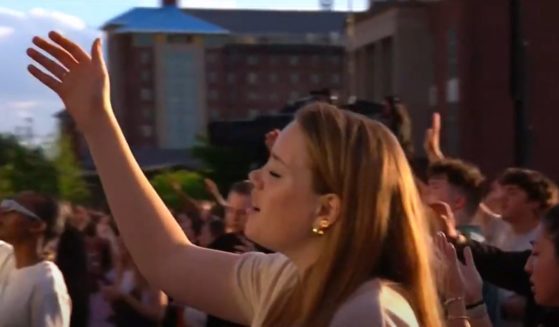Hollywood Icon Raquel Welch Dies at Age 82
Raquel Welch, whose emergence from the sea in a skimpy, furry bikini in the film “One Million Years B.C.” would propel her to international sex symbol status throughout the 1960s and ’70s, has died. She was 82.
Welch died early Wednesday after a brief illness, according to her agent, Stephen LaManna of the talent agency Innovative Artists.
Welch’s breakthrough came in 1966’s campy prehistoric flick “One Million Years B.C.,” despite having a grand total of three lines. Clad in a brown doeskin bikini, she successfully evaded pterodactyls, but not the notice of the public.
“I just thought it was a goofy dinosaur epic we’d be able to sweep under the carpet one day,” she told The Associated Press in 1981. “Wrong. It turned out that I was the Bo Derek of the season, the lady in the loin cloth about whom everyone said, ‘My God, what a bod’ and they expected to disappear overnight.”
She did not, playing Lust for the comedy team of Peter Cook and Dudley Moore in their film “Bedazzled” in 1967 and playing a secret agent in the sexy spy spoof “Fathom” that same year.
Her curves and beauty captured pop culture attention, with Playboy crowning her the “most desired woman” of the ’70s, despite never being completely naked in the magazine. In 2013, she graced the No. 2 spot on Men’s Health’s “Hottest Women of All Time” list. In the film “The Shawshank Redemption,” a poster of Welch is used to cover an escape tunnel, the last of three women he used images of, after Rita Hayworth and Marilyn Monroe.
In addition to acting, Welch was a singer and dancer. She surprised many critics — and won positive reviews — when she starred in the 1981 musical “Woman of the Year” on Broadway, replacing a vacationing Lauren Bacall. She returned to the Great White Way in 1997 in “Victor/Victoria.”
She knew that some people didn’t take her seriously because of her glamorous image. “I’m not Penny Marshall or Barbra Streisand,” she told the AP in 1993. “They’ll say, ‘Raquel Welch wants to direct? Give me a break.”‘
Welch was born Jo-Raquel Tejada in Chicago and was raised in La Jolla, California. (The Jo in her name was from her mother, Josephine). Welch was a divorced mother when she met ex-actor turned press agent, Patrick Curtis.
“The irony of it all is that even though people thought of me as a sex symbol, in reality I was a single mother of two small children!” she wrote in her autobiography, “Raquel: Beyond the Cleavage.”
Curtis became her manager and second husband and helped shape her into a glamor girl with hundreds of magazine covers and a string of movies, plus exercise videos and books like “The Raquel Welch Total Beauty and Fitness Program.”
Though she would appear in exploitative films, she also surprised many in the industry with fine performances, including in Richard Lester’s “The Three Musketeers,” which earned her a Golden Globe, and opposite James Coco in “Wild Party.” She was also nominated for a Globe in 1988 for the TV movie “Right to Die.”
Married and divorced four times, she is survived by two children, Damon Welch and Tahnee Welch, who also became an actress, including landing a featured role in 1985’s “Cocoon.”
The Western Journal has reviewed this Associated Press story and may have altered it prior to publication to ensure that it meets our editorial standards.
Truth and Accuracy
We are committed to truth and accuracy in all of our journalism. Read our editorial standards.












